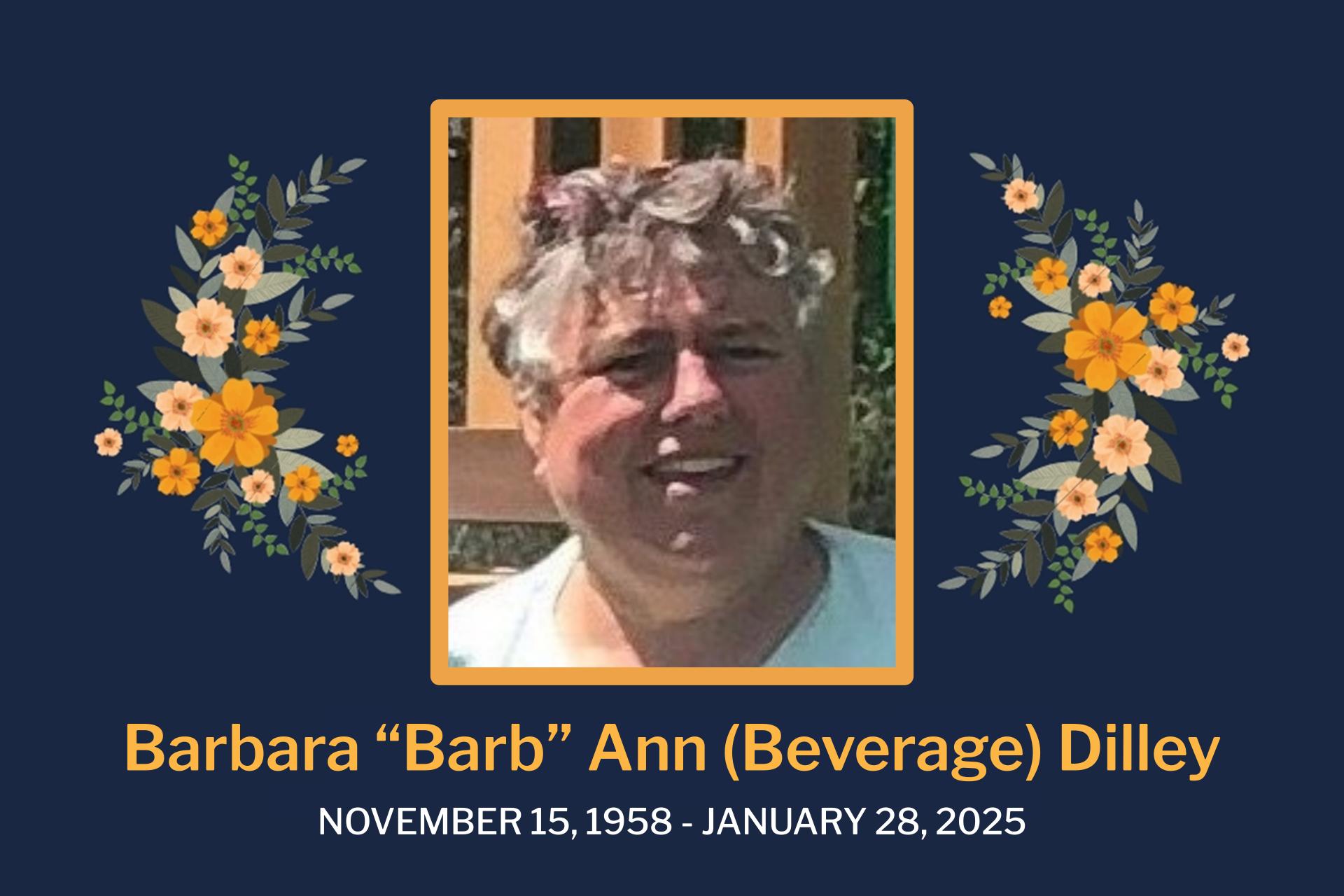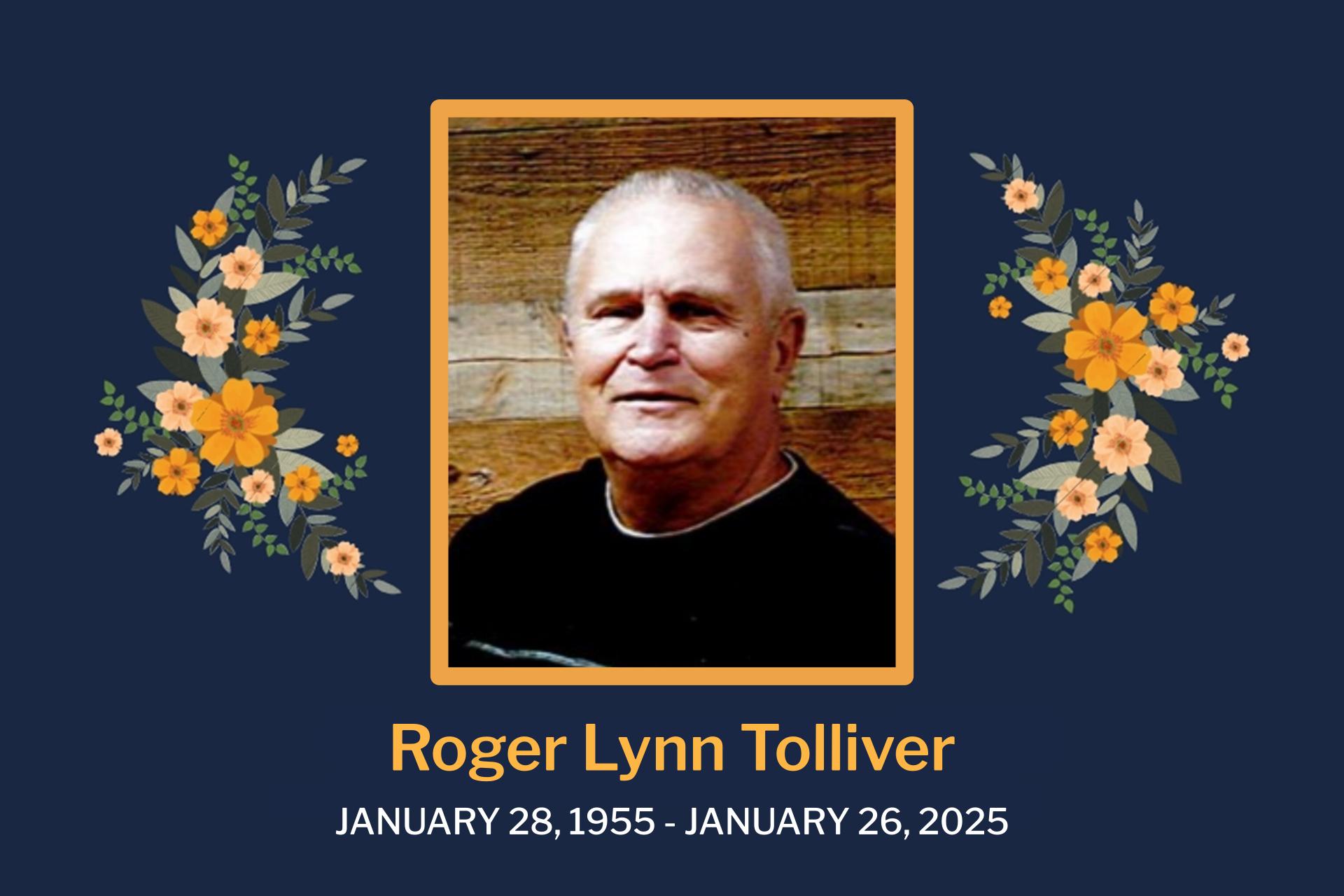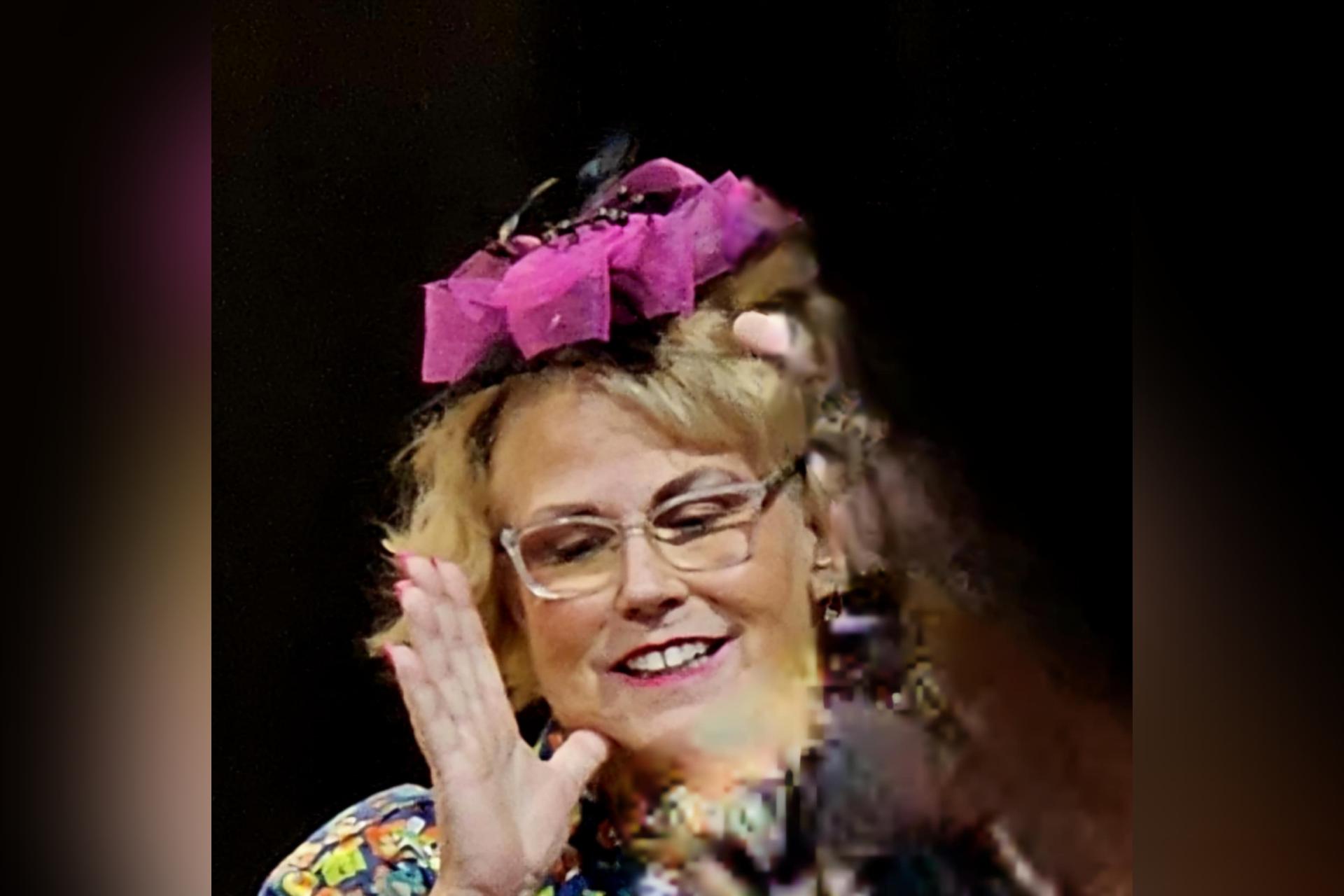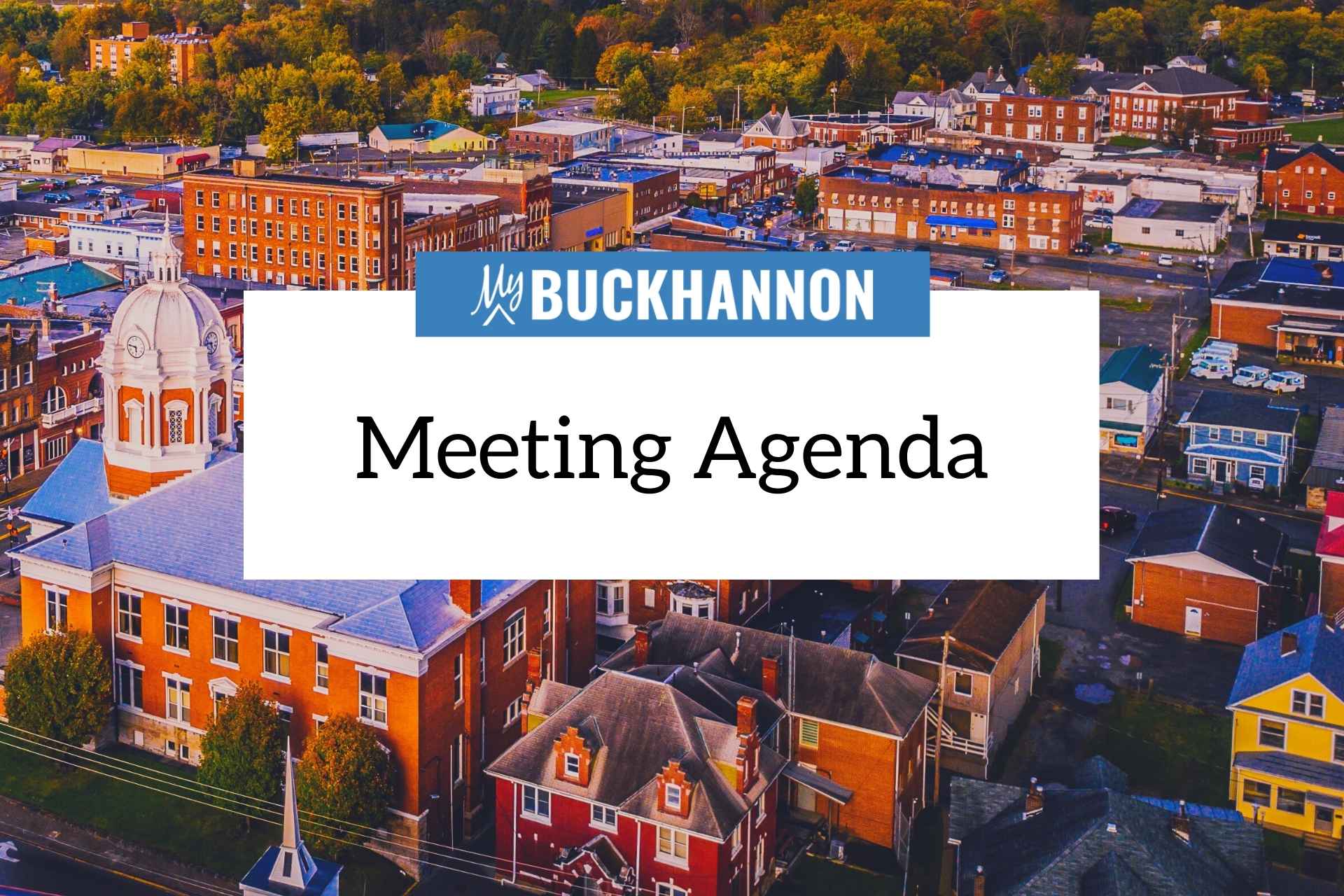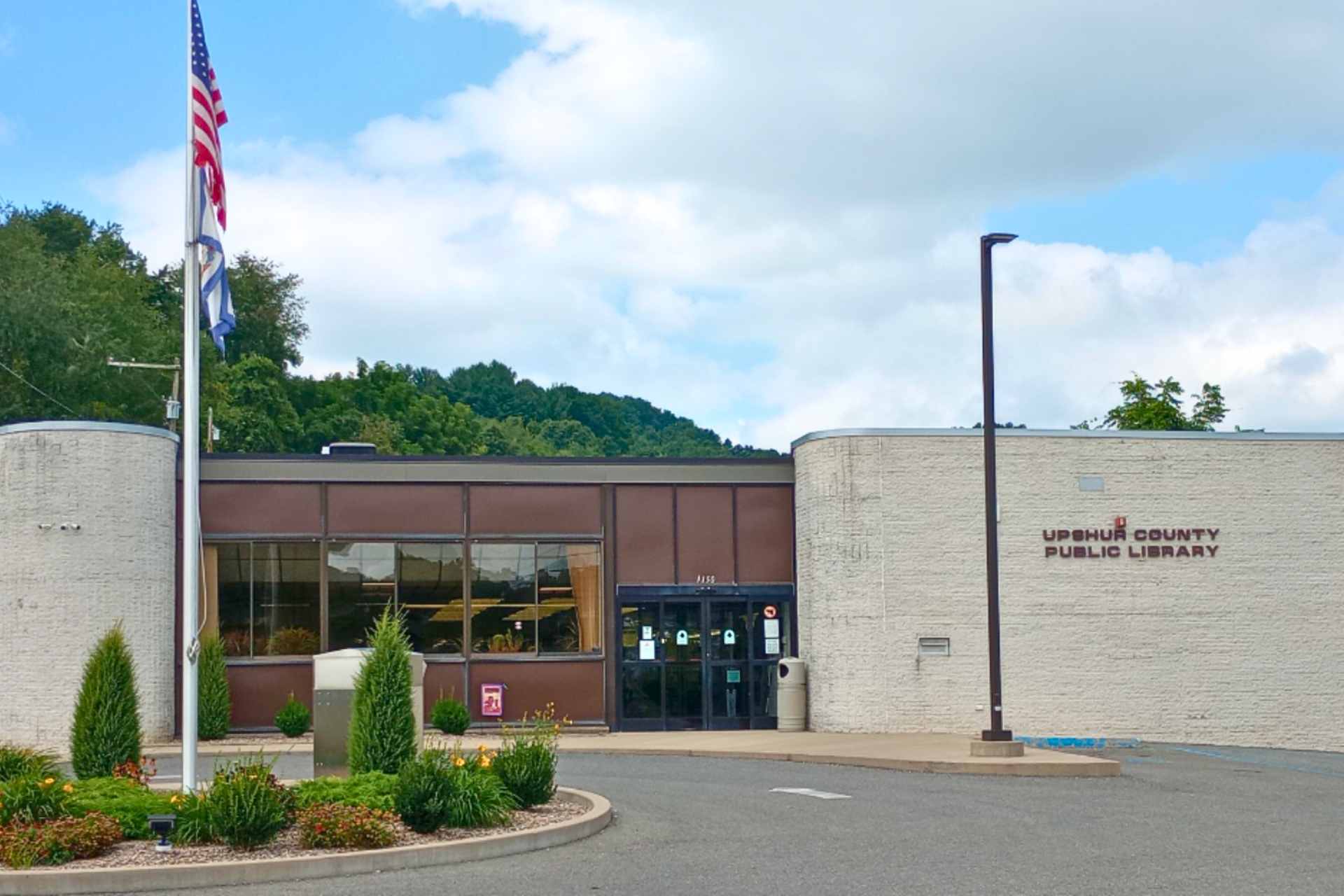BUCKHANNON – The Rotary Club of Buckhannon-Upshur on Tuesday learned about the benefits and necessity of treatment courts in West Virginia.
U.S. Magistrate Judge Michael Aloi, who serves in the Northern District of West Virginia for U.S. District Court, also works as the judge for that district’s drug court. During the Rotary Club’s virtual meeting, Feb. 16, Aloi said courts should be used to protect the public from dangerous people, not to treat people with underlying mental health or drug problems.
“Historically, the courts were built to protect us from bad people – people who would kill us, people who would assault us, people who would rob our homes, people who would hurt our children – that was the traditional role of the courts, and really, it’s a relatively recent phenomenon that the drug crimes have become the vast majority of what courts handle,” Aloi said. “That was a phenomenon that didn’t develop until primarily the 70s and 80s, but it really became the focus of the courts, so what I noticed when I became a state court judge, is that the vast majority of their crimes were substance abuse, addiction cases and drug cases.”
He said most of those cases also involved mental illness, and the courts were not designed to deal with those cases.
“We weren’t being effective, and what I can tell you is that the people I see in the federal court system don’t look any different than people I saw in the state court system,” Aloi said. “There are a lot of rural people who are struggling with underlying issues; I can tell you the vast majority of women that I see in the court system have been victims of sexual assault, sexual trauma, sexual abuse in one way or the other, so, how do we effectively address those underlying issues?”
Veterans are another group of people Aloi said he would see in court due to underlying mental health issues, including, for example, trauma and post-traumatic stress disorder.
“With the support of the U.S. Attorney of my court and the Veterans Administration we created a program that was meant to address these issues if you showed up at the VA high or drunk or violent or dealing with mental health issues,” Aloi said. “I have to tell you, it’s been eye-opening for me that we incarcerate veterans at a disproportionate rate to their numbers in the population, and that’s a great shame for all of us.”
With the cooperation of the U.S. Attorney, veterans have the option of agreeing to a treatment program within a certain time period and if they complete the program, their case will be dismissed.
“In the court system we have treatment courts, there are drug courts for adults that deal with addiction issues, there are mental health courts that deal with people who just struggle with mental health issues, there are now veterans’ courts, because we’ve learned the treatment for veterans is very different; these are people who consider themselves connected in a way that we can’t understand,” Aloi said.
Two other important courts are juvenile courts and family courts.
“It shouldn’t surprise you at all that a lot of the people who are struggling in the family courts and families that are separated from their children are affected by mental health and also substance abuse,” Aloi said. “Let me tell you, in my work in 10 years in the court system, maybe only 5 or 10 percent is driven solely by criminal behavior – there are almost always underlying issues: it’s either, depression, anxiety or trauma in one way or the other.”
Aloi said it can cost the federal court system $3,200 a month to incarcerate someone and when someone is sentenced to 10 years, it costs $400,000.
“If we don’t address the underlying issues in a systematic, organized way, [the underlying issues that led to offenses] will not get solved, and they will reoccur,” Aloi said. “There’s no reason for us to think it will change and it hasn’t, because you’re not addressing what are the real issues, and that’s been my experience in the system.”
“So, in terms of treatment courts, they have one here in Upshur County, and our treatment court in the federal court system is one of just 15 in the country,” he added, “so I’m extremely proud to be part of that and I think you should be proud of the Northern District, for the whole court family being willing to do that.”







